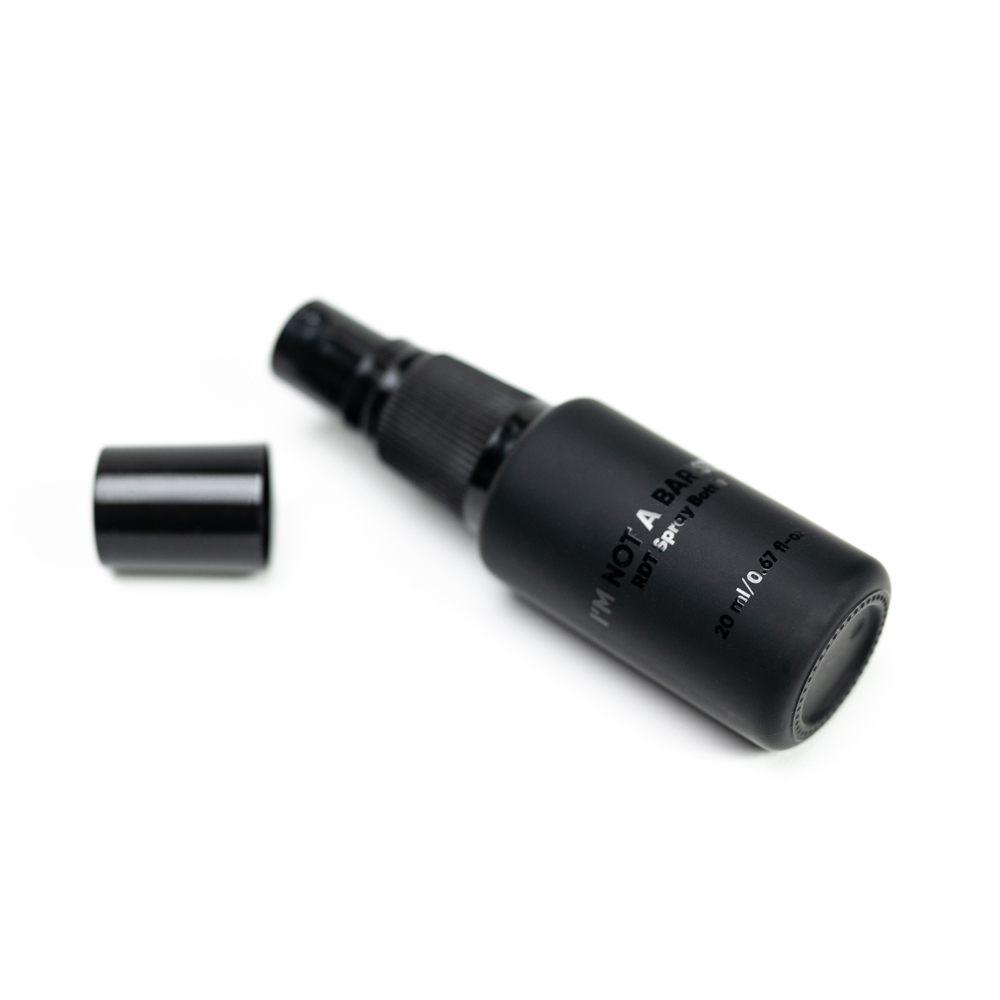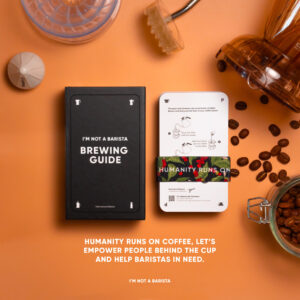”If you like your coffee with sugar or milk, there’s nothing wrong with it! The important thing is to drink it and not to create an intricate and intimidating industry. Just enjoy the experience, remember the best coffee is the coffee that you like to drink.
Sara Zuluaga ParodiThe Coffee Translator
My name is Sara Zuluaga Parodi, I’M NOT A BARISTA. I am a coffee grower from Colombia. I produce specialty coffee and own a micro coffee roastery in Medellín. I also work as a coffee consultant connecting international coffee professionals with solutions tailored to their needs in the Colombian market.
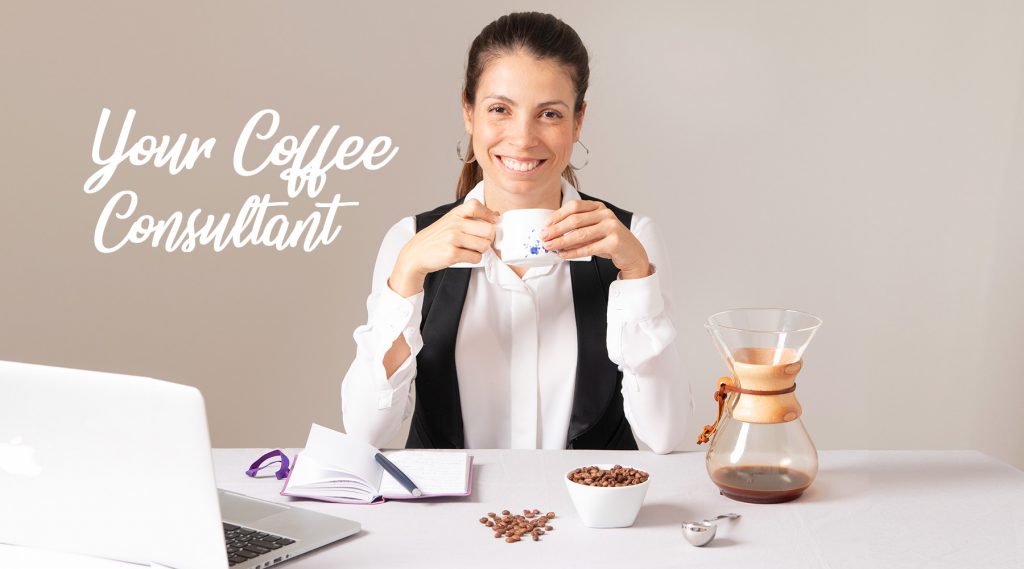
Sara founded her coffee consulting business in Colombia
Independence and education were the main pillars of my family. My father is my inspiration, as well as my grandfather, who grew up in the countryside, and at the age of 12, he invested his savings in his first cow. Many years later, he bought a piece of land that he had been dreaming of since he was a boy. Later on, he became a very successful businessman. I have learned that if you have a dream and you are willing to do the work, you will get there.
Eight years ago, I decided to go deeper into my coffee career. After a colossal crisis in Colombia, my family and I decided to start our own brand with the best we had on our coffee farm. Since then, I have been learning more about coffee, and I also began to experiment with the coffee beans we produce and roast at our own micro roastery Cielo Tostado.
In 2017 I experienced a long trip around the world to challenge myself out of my comfort zone. I had the chance to discover how vital the coffee industry is outside Colombia. This was inspiring, and I was amazed by how the coffee culture is expanding in remote places like South Korea or Japan. I like to be surrounded by people, so, during that trip, I also worked as a volunteer teaching English in a kindergarten and also rescuing animals from the street.
Back in Colombia, I started to work on my website “Coffee Translator” to share my knowledge and my everyday life: the farm, the crops, the way we process the coffee, in other words, the whole coffee chain. It was a success, and I realized that it was something interesting for many people! Especially for people from the USA or Europe that have never seen coffee crops. Consequently, I discovered that most people didn’t have access to all this information. After receiving many messages saying “Thanks” I understood the importance and real value of my work. That’s the reason why I want to share it. So, I work with social networks to spread more consciousness in the industry. By the way, don’t forget to follow me at @coffeetranslator!
Since I started the website, I have helped unnumbered people. I want to spread my message and develop awareness about the coffee chain. Luckily, I see that many of my followers have become more conscious about the coffee they buy. For this reason, I am glad when I read that they are into the transition from buying coffee from a worldwide brand to specialty coffee. Understanding what fair trade is and the process from a seed to a cup is a small step to change things little by little and make the industry fair and sustainable.
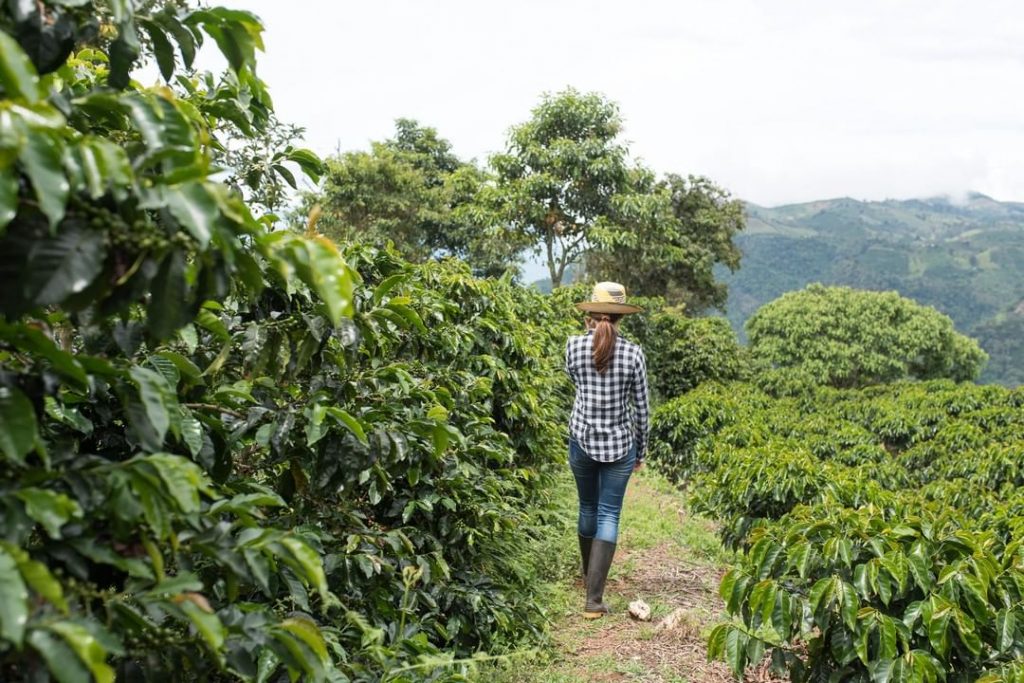
Sara walking on the coffee farm
Nowadays, I consider that unfair prices to the producers is the biggest problem we are facing. I have seen many situations in the coffee industry: people who said who pay well but don’t, farmers who produce excellent coffees but don’t know how to set price, among others. In my experience, fair trade is something serious to work on, so I help people understand more. For example, how to read the information about producers in a package. In this way, consumers know what they are buying and what that means to the coffee industry.
Another point to be developed is selling the coffee. Exporting your coffee to other markets is still very difficult now, and we need to keep the trade chain as direct as possible. However, middle-men who connect farmers to roasteries are essential to this industry. Language plays a critical role since most of the farmers don’t speak English. So, middle-men help creates a relationship between the farmers and somebody who wants to buy our coffee to negotiate the way it is going to be sold.
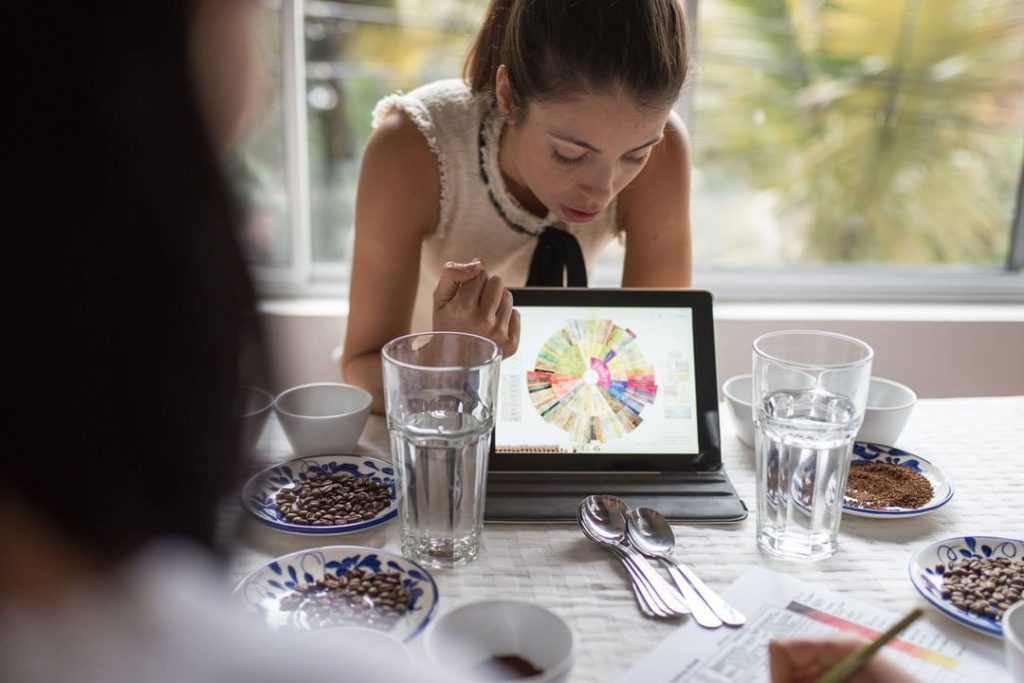
Sara is at work
Being a coffee consultant and a female entrepreneur in Colombia during these times is exciting. Many young people are selling their own coffee, creating their own brands, connecting directly to international buyers, creating specialty coffee, and opening new trendy cafes. I really enjoy my job! Sometimes I work from Monday to Saturday, so yoga helps me organize my thoughts and balance my life. I always learn something new, just as I do with coffee. I do what I love! So, I don’t think that my job is tedious and I am always learning new things! The roastery, the farm, Instagram, and the website!
During the quarantine, our shop was closed, and the contact with people was what I missed the most. We are Latins, so hugging and kissing is part of us! Besides, Colombia’s tourism is closed, and our roastery is not working as much as it used to. We need to consider that specialty coffee is expensive than the regular one, so sales are not very high because people are trying to save money. Still tricky times for everyone, but I’m sure we will become stronger after the crisis!
All in all, I consider that coffee is all about taste, and it is for everybody. If you like your coffee with sugar or milk, there’s nothing wrong with it! The important thing is to drink it and not to create an intricate and intimidating industry. Just enjoy the experience, remember the best coffee is the coffee that you like to drink.
Article by our volunteer editor Natalia
-
Sale!
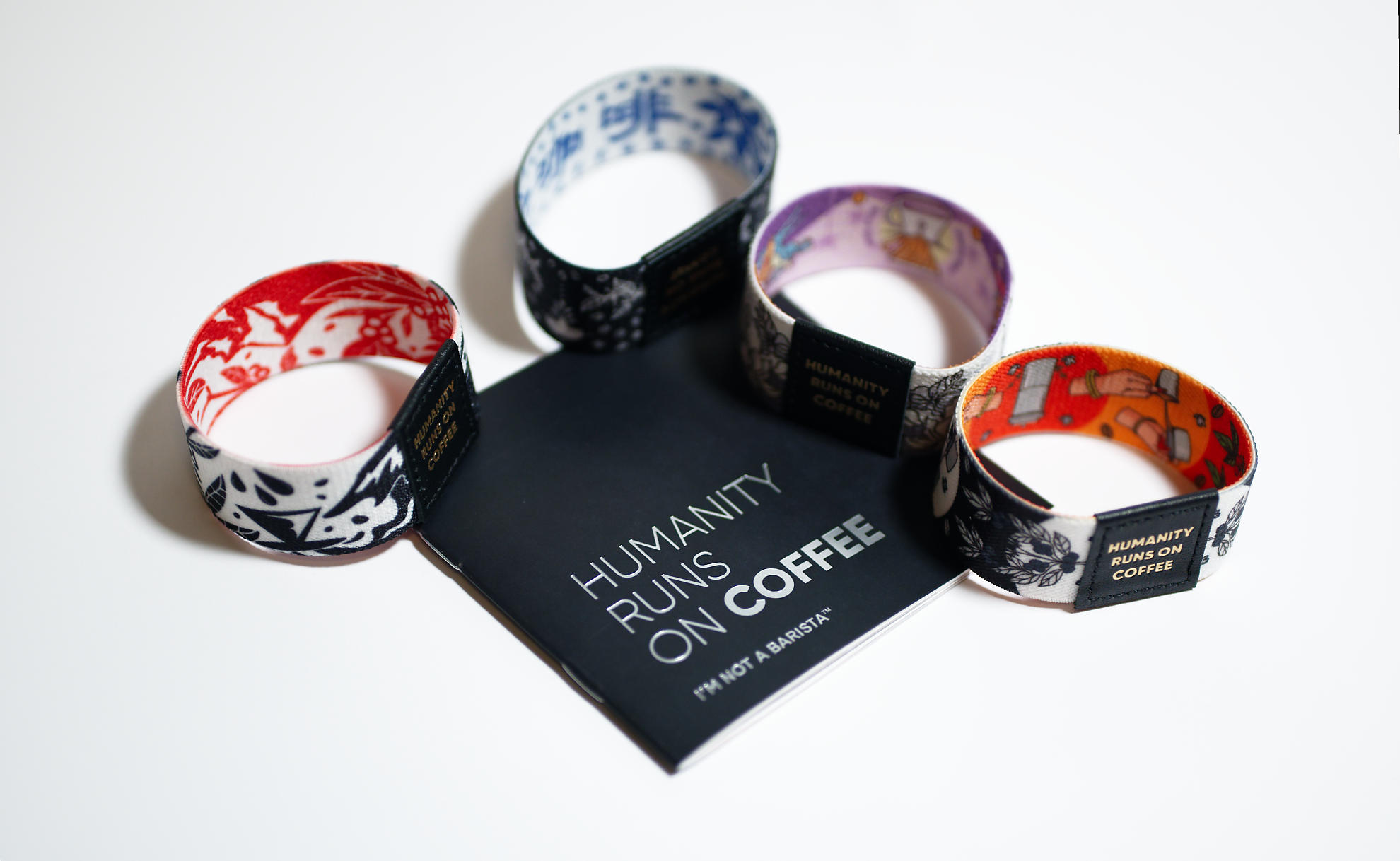 Select options This product has multiple variants. The options may be chosen on the product page Quick View
Select options This product has multiple variants. The options may be chosen on the product page Quick ViewCoffee Wristbands Special Collection
Original price was: $ 20,00.$ 16,00Current price is: $ 16,00. -
Enamel Pin Badge
$ 4,00 -
Sale!
MOMENTEM RDT Spray Bottle
Original price was: $ 9,90.$ 8,00Current price is: $ 8,00. -
Brewing Guide
$ 28,00




